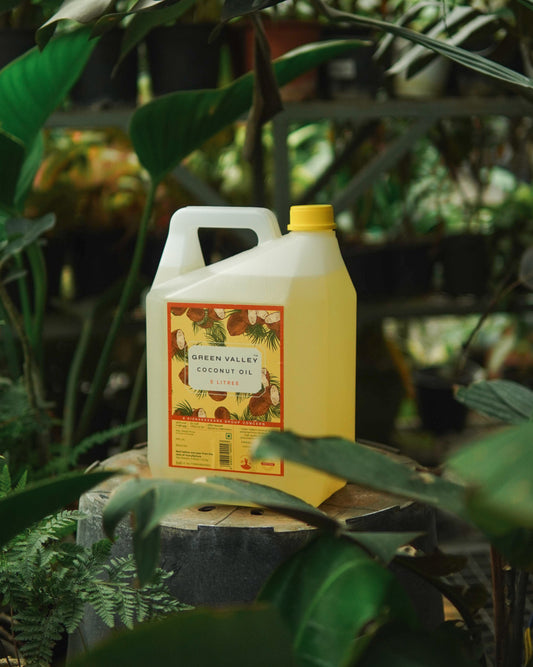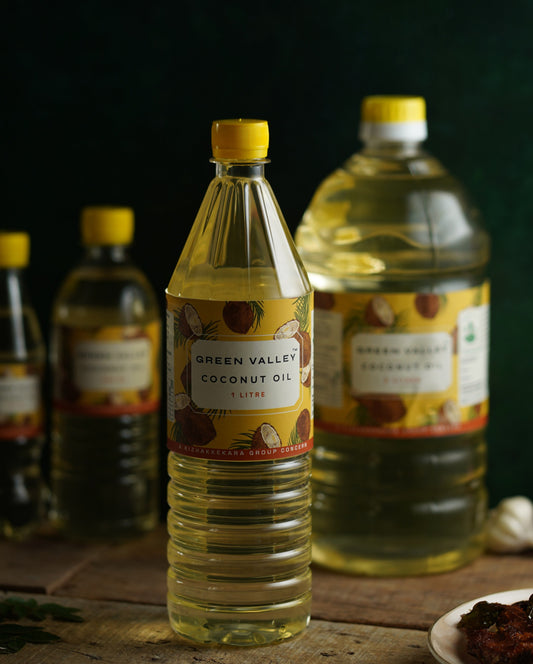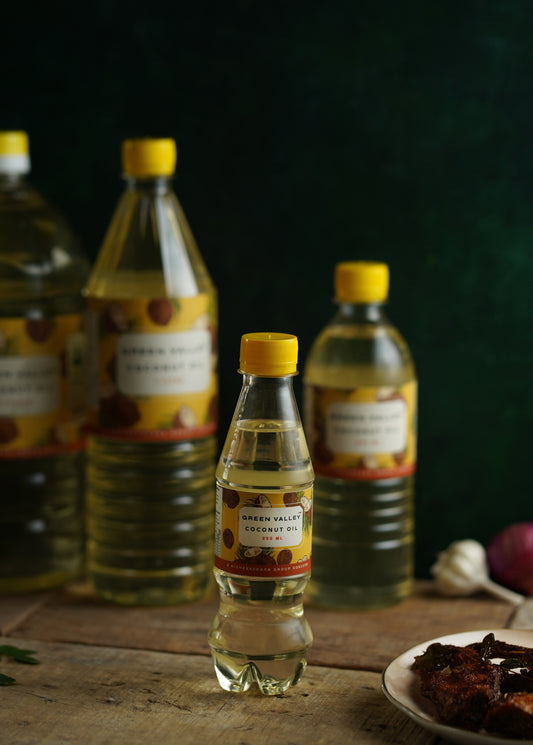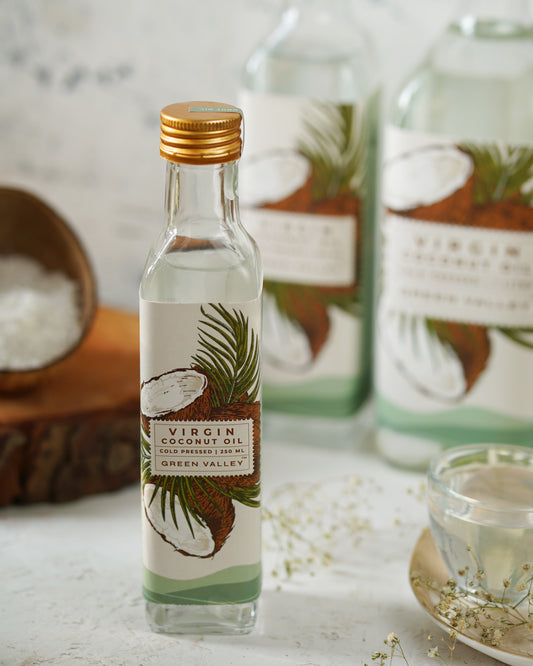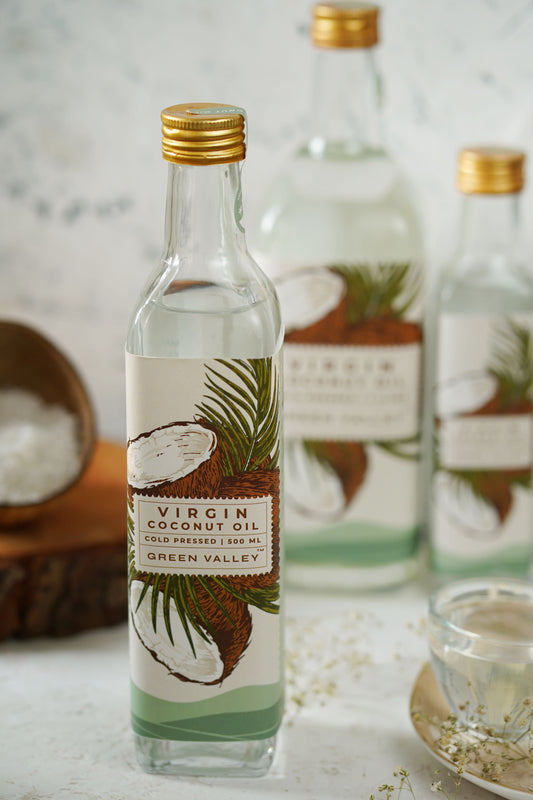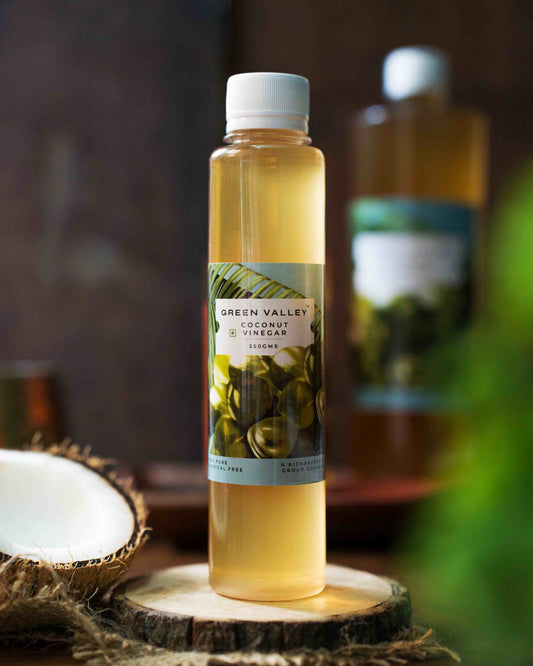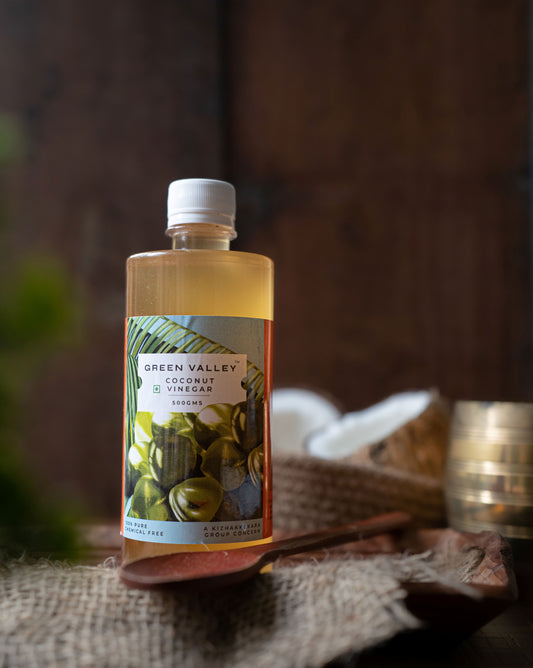It is a beautiful day out there and what goes better with a lovely day than a quick read about yet another controversial and debated topic in the world of health?
This may not be as spicy as the recently attempted coup on the Bolivian government or as touching as the Palestine-Israel war updates. Still, it’s sure to flare up some nostrils and with the right company, launch you into an all-night discussion, assuming you are a heavy health fanatic. Or perhaps you’ve simply come here to prove a point after launching yourself into a debate about the very topic we are in session to discuss. And I can vouch through my experience, that it does happen.
But if you are looking for a quick “Yes” or “No,” that’s not how we do things here. Our facts are attached to statements, and the statements are accompanied by reasoning.
So let’s break this subject down.
What are the components of Coconut Oil?
Coconut Oil is somewhat considered the bad boy of the groups. There are claims and accusations, some boycotts even flying around in the vast world of the internet about the nature of Coconut Oil.
A total of 80-90% of Coconut Oil is made up of saturated fats.
The word “saturated fats” is something that screams horror to hypochondriacs and fitness geeks alike. Our education system has made it a point that our chemistry textbooks shall contain the clause “Stay away from saturated fats”. And they are right.
Saturated fats are generally considered unhealthy and proven to influence heart health.
But that’s not the end of our discussion today. Shoving aside saturated fats without a clear understanding of what it is might just be one of the biggest mistakes you could make. Just as we evolve and change by the day, so have the information available. The latest research has produced results that somewhat conflict with the above-stated beliefs.
Saturated fats can be further split into three - short-chained, medium-chained, and long-chained. The implication and benefit each has on the body are as different as the structure of these components.
Long-chain fatty acids have proved to be the guilty contender of the group that is responsible for cardiovascular diseases and cholesterol. While short-chain and medium-chain fatty acids are neutral and even beneficial to the body.
Coconut Oil is made up of 100% medium-chain triglycerides, otherwise lovingly called MCTs by busy scientists who don’t want to waste their precious time saying a 24-lettered word. These may be further split into Lauric acid, Myristic acid, Palmitic acid, and Caprylic acid.
A quick flip to the back of the bottle of any Coconut Oil might tell you that all Coconut Oil contains 0% cholesterol.
So what’s all this fuss about coconut oil inducing cholesterol?
While it contains no cholesterol, these MCTs have been proven to raise HDL cholesterol, otherwise known as “good cholesterol” and reduce LDL, otherwise known as “bad cholesterol”.
What are the benefits of the MCTs in Coconut Oil?
What you read next might shock you. Years of articles and news columns might have prepared you to reject this information. But here goes.
THE LIST OF BENEFITS THAT THE SATURATED FATS IN COCONUT PROVIDE IS LOOOOONG.
Coconut oil's potent blend of Lauric, Myristic, and Caprylic acids acts as an antimicrobial and inhibits the growth of harmful bacteria, including:
-
Pneumococcus
-
Streptococcus
-
Micrococcus
-
Candida
-
S. aureus
-
S. epidermis
The skin health benefits it packs is very well known. But that is also the function of the saturated fats in it.
-
Lauric acid enhances skin permeation and affinity.
-
Myristic acid promotes skin health and hydration.
-
Palmitic acid smooths skin texture, and is commonly found in soaps, beeswax, and makeup.
-
Caprylic acid soothes and calms inflammation
Coconut Oil is also associated with therapeutic uses. Although it is not scientifically proven to be an effective solution, the results lean in a positive direction.
-
HIV transfer from mother to child is prevented by lauric acid.
-
Treats various health issues:
- Bronchitis
- Gonorrhea
- Yeast infections
- Chlamydia
- Intestinal infections
- Ringworm
So what’s the verdict?
That brings us to the big question. Is consuming coconut oil on a daily basis healthy?
The above statements and the adjoint reasoning might have clarified that Coconut Oil does not play the part of the villain in your life. But anything consumed in excess can adversely affect your body.
It is recommended that you use no more than two tablespoons or 30 grams of coconut oil per day.
This statement might give a lot of South Indian and Asian chefs a run for their money. However, some things must be spoken aloud.
Now, you could’ve just googled “the recommended amount of coconut oil per day” and very easily landed on this answer. But what good are facts without the reasonings?


